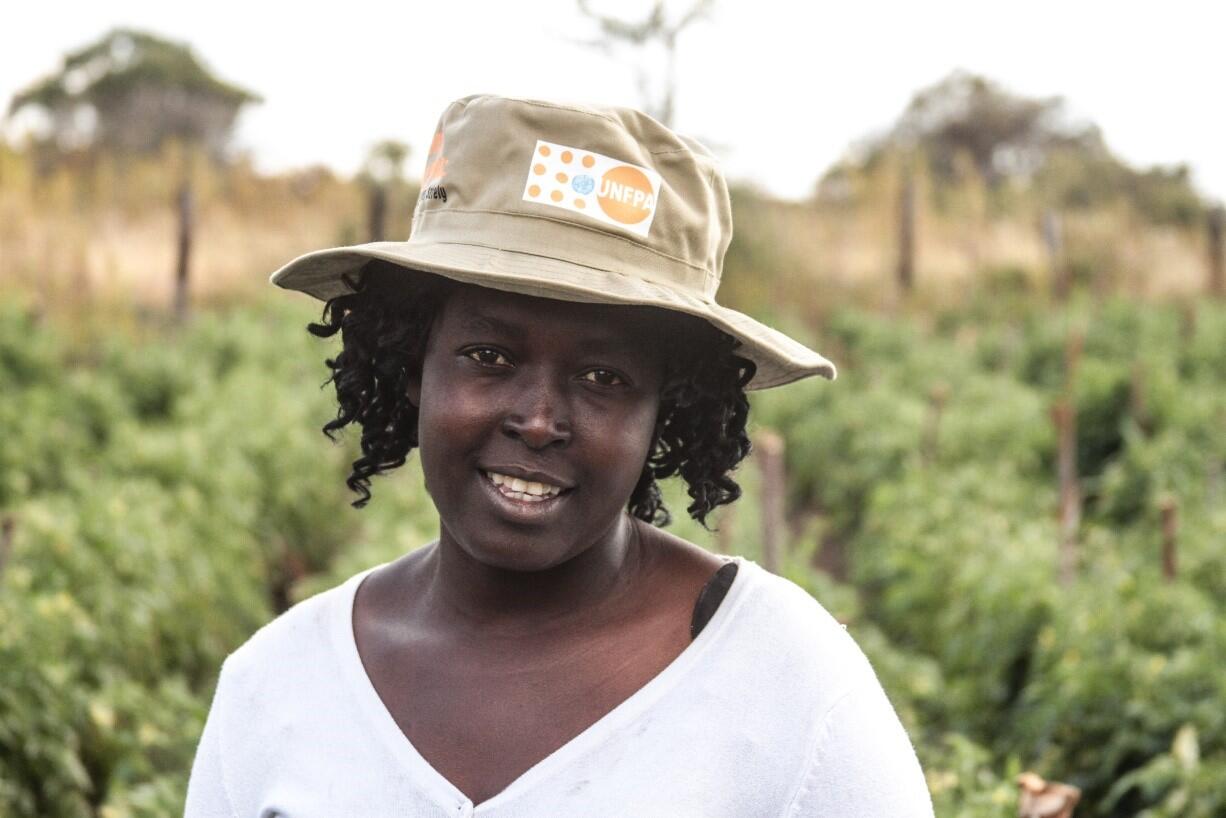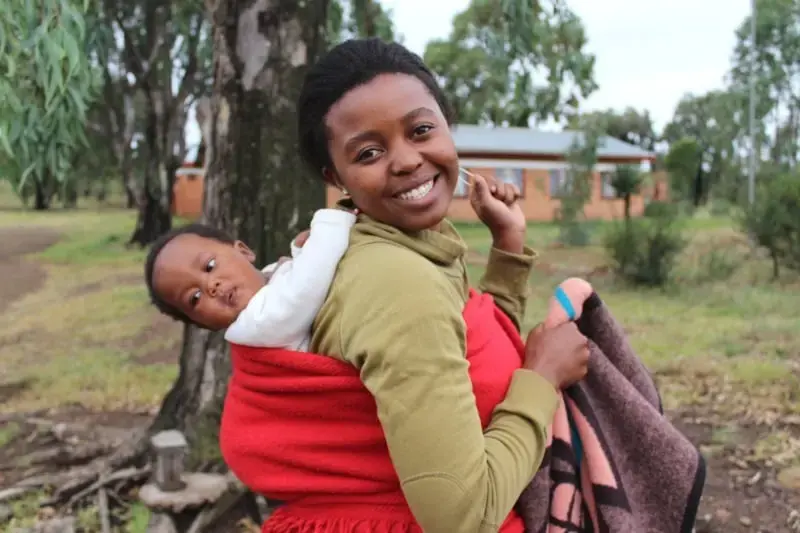Ejected from home by her family at the tender age of 17, Precious Hove found herself forced into an early marriage in a strange community. With nothing to her name, she was reliant on an abusive, older husband.
However, with the help of the Sista2Sista programme supported by UNFPA under the Health Development Fund, Precious has forged a new, happier life for herself – with her husband. They now have a thriving ground nut business on Rufaro Farm, Hurungwe, in Zimbabwe’s Mashonaland West province.
I felt like an outsider from the very beginning. - Precious
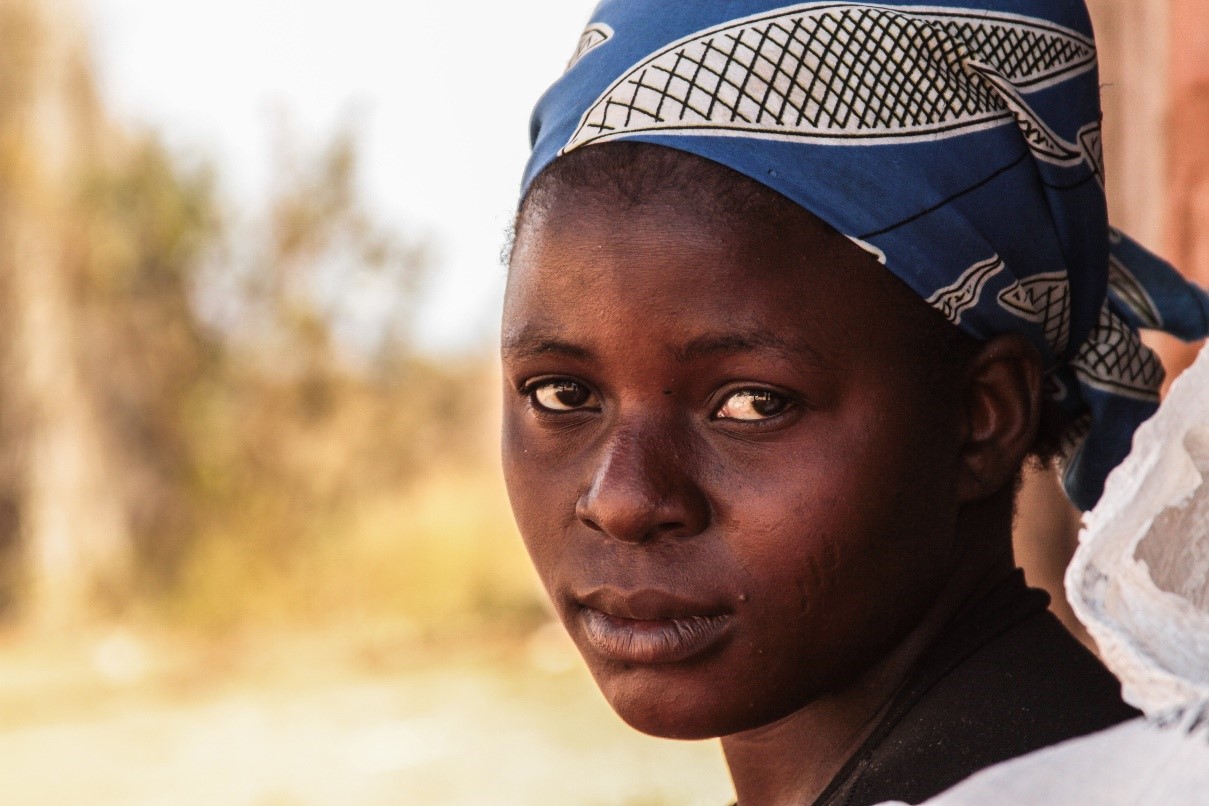
Precious is originally from Kazangarare, about 60 kilometres from Rufaro Farm. She was forced by her family to marry Alan, 30, when she returned home late one evening after a night out with him.
She found it very difficult to settle into her new life at his farm. She felt like an outcast and suffered abuse at the hands of her new, reluctant husband.
Girls who find themselves in early or forced marriages are often not yet adequately self-aware, nor have the confidence, to stand up and speak out against their partners.
“I felt like an outsider from the very beginning,” recalls Precious.
A turning point
Child marriage devastates the lives of millions of girls across the country. Zimbabwe ranks 41st in the list of countries with an unacceptably high rate of child marriage, with 33 per cent of girls married before the age of 18 years.
Precious’ situation began to change after she was approached by Felistas Gondo, a mentor of the local Sista2Sista Club. This is a girls’ empowerment programme run by UNFPA’s partner FACT under the Health Development Fund (HDF), with supported from the European Union (EU) and the governments of Ireland, the United Kingdom and Sweden.
Launched in September 2013, the programme offers a safe place where vulnerable adolescent girls can speak with mentors and each other about their problems. Girls in the club learn about sexual and reproductive health and rights, financial literacy, and how to navigate difficult social situations, including coercive and abusive relationships. The programme also aims to give girls the confidence and self-esteem to stand up for themselves.
For Precious, the club was about to become a lifeline.
“I learned from a neighbour that a new ‘Moroora’ (daughter-in-law) moved to the farm and was facing difficulties with her in-laws and husband, including domestic violence. I thought she would be a good candidate for the Sista2Sista Club,” said Ms. Gondo.
Our life has changed dramatically since Precious joined the club. The problems we once had are gone thanks to the lessons we have learned. - Alan
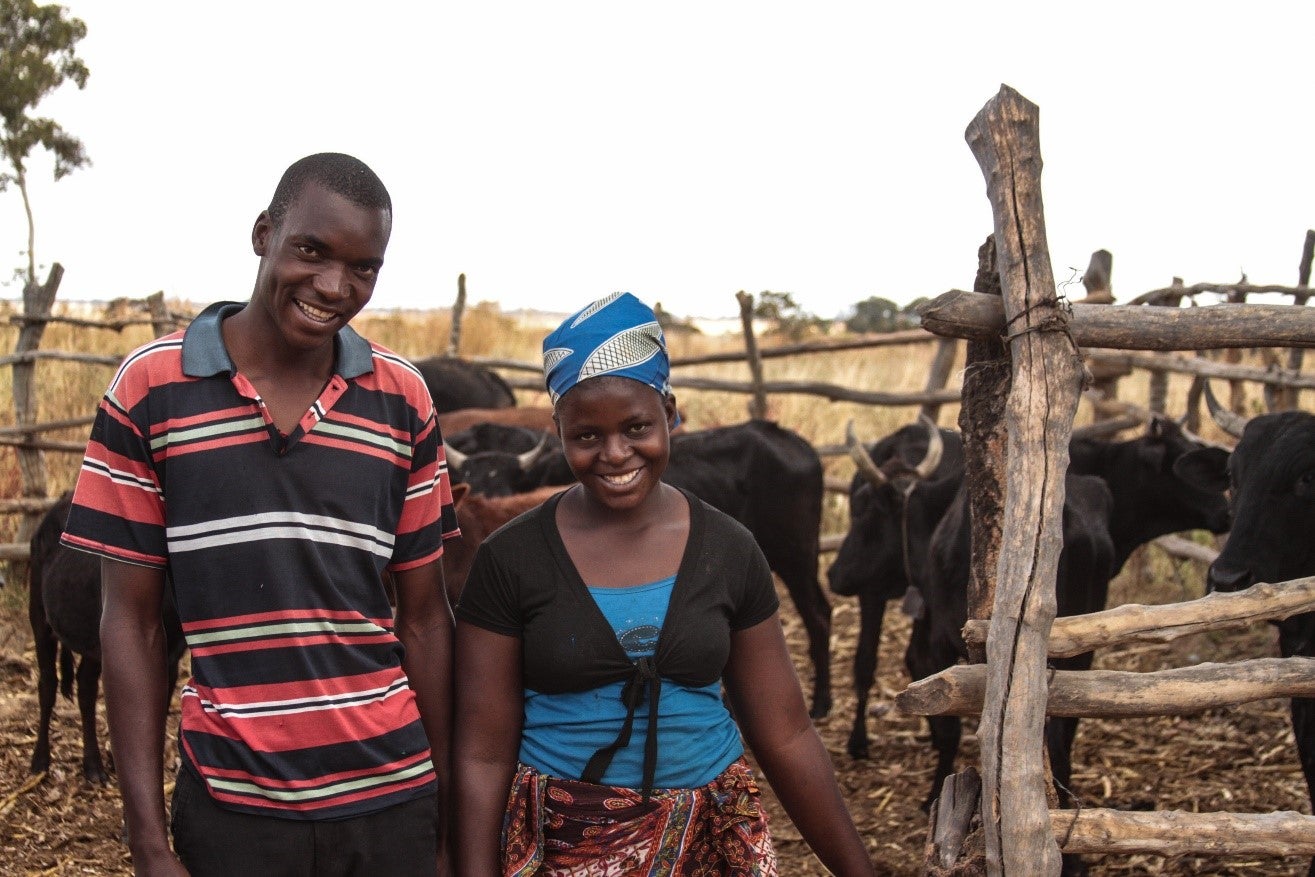
She visited Precious at her homestead and encouraged her to join the Takudzwa (a Shona word meaning ‘to be raised up’) Sista2Sista club. Precious received gender-based violence counselling and couple counselling together with her husband, who was referred to the Rufaro Farm community leaders’ dialogue with men on gender-based violence (GBV) prevention – also supported by UNFPA under the HDF.
“Our life has changed dramatically since Precious joined the club,” said Alan. “We are now staying happily (together) as a couple. The problems we once had are gone thanks to the lessons we have learned.”
Precious has also benefitted from the club’s sessions on sexual and reproductive health. “I have already gone for cervical cancer screening with the Takudzwa sisters and soon we are going for couples HIV testing and counselling,” she said.
Generating an income and livelihood
In rural Hurungwe, families like Precious and Alan rely solely on farming for an income. Alan is a full-time farmer working in animal husbandry (cattle, goats, chickens) and crop farming (maize, rapoko).
As well as improving my marriage relationship, communication skills and health, the club has taught me about budgeting. - Precious
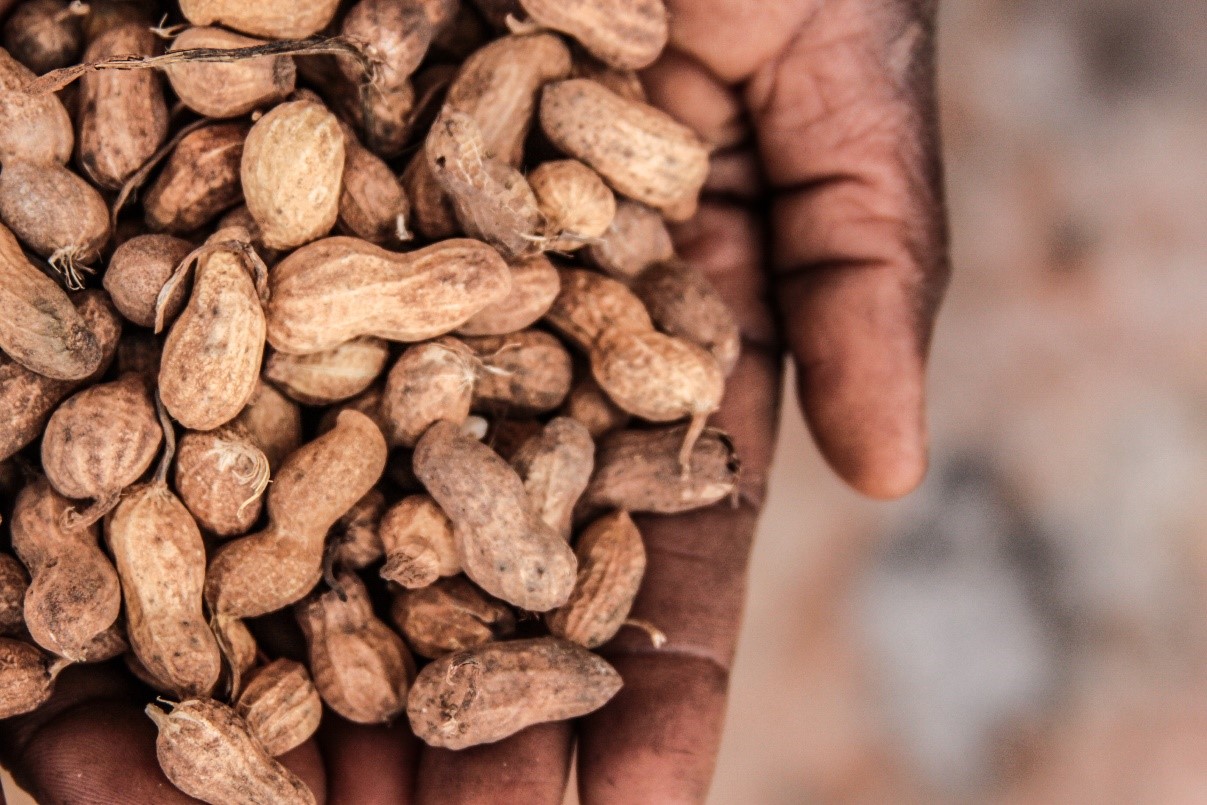
When Ms. Gondo coached the Sista2Sista Club members on financial awareness, Precious was motivated to begin her own income-generating project.
“As well as improving my marriage relationship, communication skills and health, the club has taught me about budgeting. Before, I was totally ignorant about how to use the family income but that has improved,” she said.
Precious now has her very own lucrative business, growing ground nuts and producing peanut butter. With assistance from Alan and neighbours in the community, she obtained the initial seed and capital to begin growing the ground nuts on their plot in Rufaro Farm.
Precious has produced over 450kg of ground nuts from her first harvest and plans on expanding the harvest next year. She dreams of one day opening a grocery store in the village to sell her produce.

